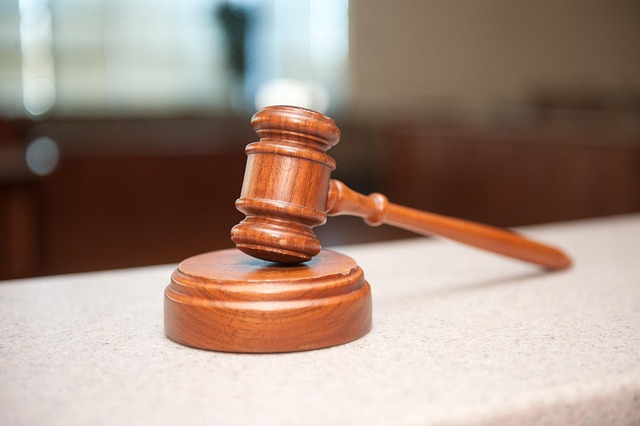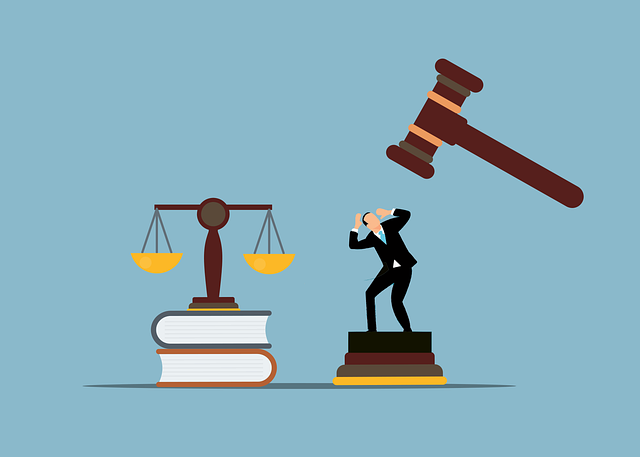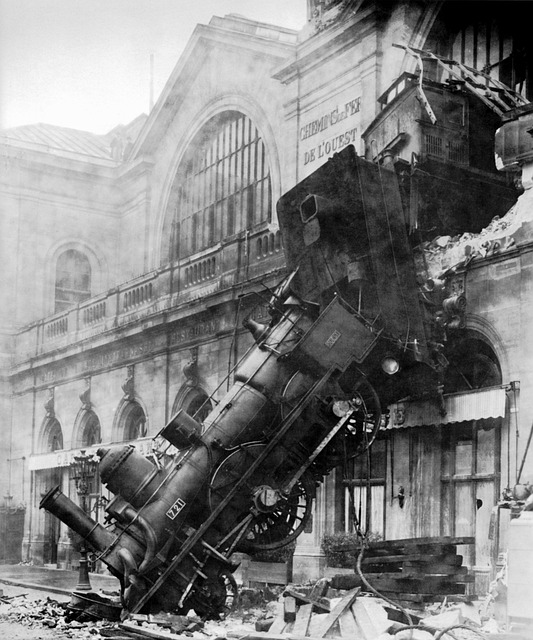Weather conditions significantly impact slip and fall negligence cases by altering surface friction levels, with rain, snow, and ice posing particular risks. Property owners in snowy regions must prioritize de-icing and snow removal. Quick response to wet conditions is crucial for safety. Miami and Orlando legal professionals advise on weather-related accidents, helping determine liability and potential compensation. Duty of care principles govern slip and fall cases, requiring reasonable caution to prevent foreseeable harm. Breach of this duty can lead to substantial financial consequences for property owners and businesses.
Weather conditions significantly influence slip and fall incidents, making it crucial to understand their impact for preventing negligence. This article explores how varying climates create unique slip hazards on surfaces, from icy winters to rainy summers. We delve into legal aspects, emphasizing the duty of care to mitigate risks. By understanding weather’s role, property owners and managers can better maintain safe environments, reducing slip and fall incidents and associated liability.
- Understanding Weather's Impact on Surfaces
- Common Slip Hazards in Different Climates
- Legal Considerations and Duty of Care
Understanding Weather's Impact on Surfaces

Weather conditions play a significant role in slip and fall negligence cases, often influencing the safety and condition of surfaces where accidents occur. Different types of weather can dramatically alter the friction levels on floors, walkways, and roads, making them more or less prone to causing slips and falls. For instance, rain and melting snow can create a slick layer on top of paved areas, while ice is notorious for its extremely low coefficient of friction.
Understanding how various weather conditions impact surface properties is crucial in determining liability for slip and fall incidents. In regions with harsh winters, property owners and managers must be particularly vigilant about de-icing and clearing snow to prevent dangerous conditions. Similarly, during wet weather, proper drainage systems and quick response times to spilled liquids or standing water are essential in reducing the risk of accidents. A Miami truck accident lawyer or personal injury consultation can provide valuable insights into legal obligations and potential compensation for injuries sustained due to these weather-related slip and fall incidents.
Common Slip Hazards in Different Climates

In various climates across the globe, distinct weather conditions present unique challenges for maintaining safe walking surfaces, thereby influencing slip and fall negligence cases. For instance, in snowy regions, ice and compacted snow often create treacherous conditions, with water pooling and freezing over, leading to slipped feet and falls. Similarly, wet and humid climates like Miami’s can cause slippery floors and walkways from persistent moisture, posing risks throughout the year.
Tropical storms and hurricanes, common in coastal areas, further exacerbate slip hazards due to heavy rainfall and strong winds. These severe weather events often leave behind slick surfaces and debris, increasing the likelihood of accidents. Moreover, varying temperatures and sudden changes can contribute to ice formation, as seen in colder regions, or create puddles and wet spots that persist for extended periods. A Miami accident lawyer, well-versed in these local conditions, understands the urgency in addressing such slip and fall negligence cases promptly to ensure fair compensation for injuries sustained.
Legal Considerations and Duty of Care

In the context of slip and fall negligence, legal considerations significantly shape the rights and responsibilities of individuals, businesses, and property owners. The fundamental concept of duty of care is central to determining liability. A “duty of care” refers to the legal obligation that requires individuals or entities to act with reasonable caution to prevent foreseeable harm to others. In cases of slip and fall incidents, establishing a breach of this duty becomes crucial for plaintiffs seeking compensation.
Property owners and businesses in Orlando, and elsewhere, have a legal obligation to maintain their premises in a safe condition. This includes regular inspections and prompt cleanup of any hazardous conditions, such as spilled liquids, loose flooring, or ice during winter months. Failure to meet these standards can result in significant financial consequences through judgments and settlements, similar to those seen in truck accident cases where negligence leads to severe injuries. Employment contracts, too, often include provisions regarding safety protocols and the employer’s duty of care towards employees, especially when tasks involve working in adverse weather conditions.
Weather conditions play a significant role in causing slip and fall incidents, making it crucial for property owners and managers to understand these impacts. By recognizing common climate-related hazards and implementing preventive measures, they can reduce the risk of slip and fall negligence. Understanding legal obligations and the duty of care is essential to ensure safety and avoid liability in all seasons.






